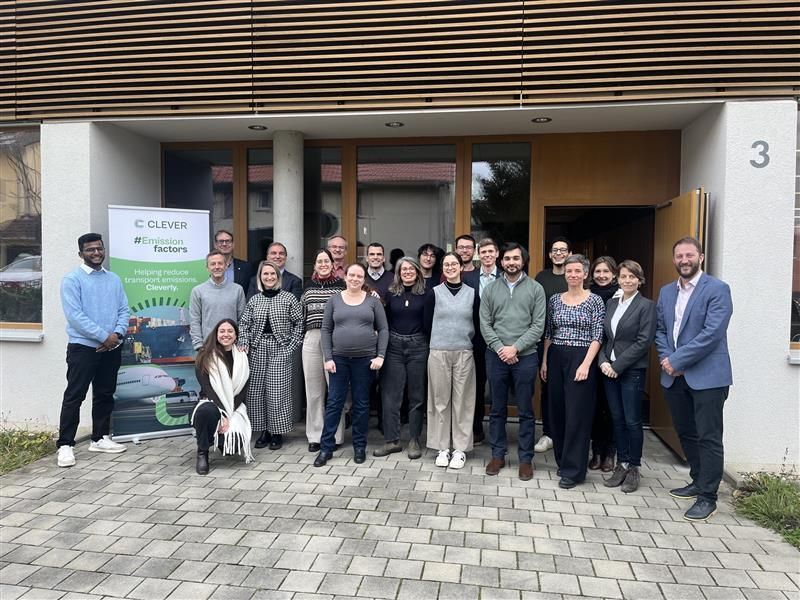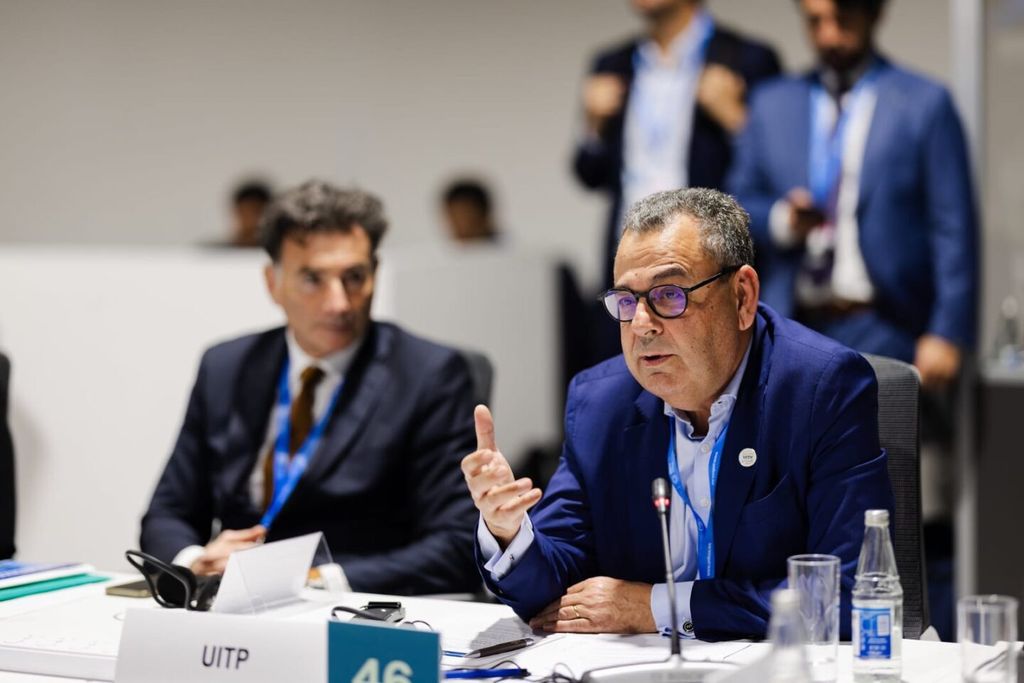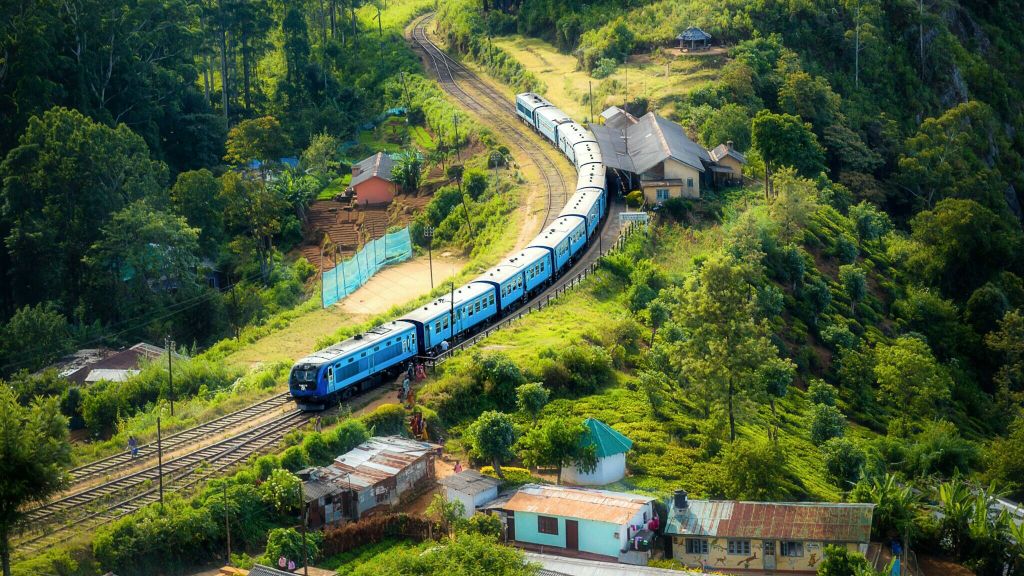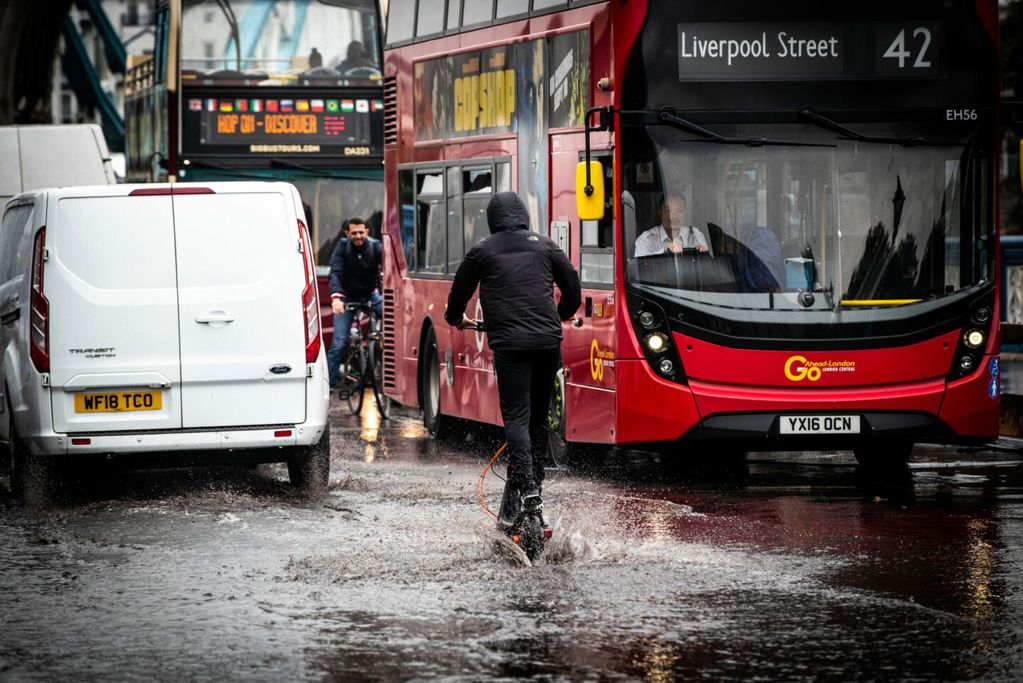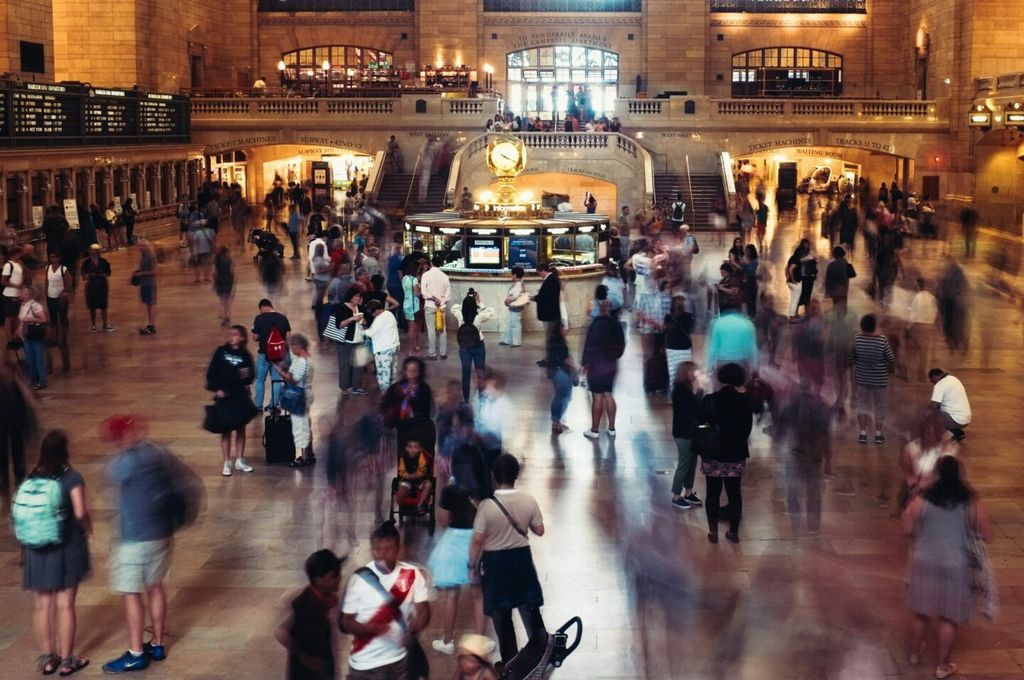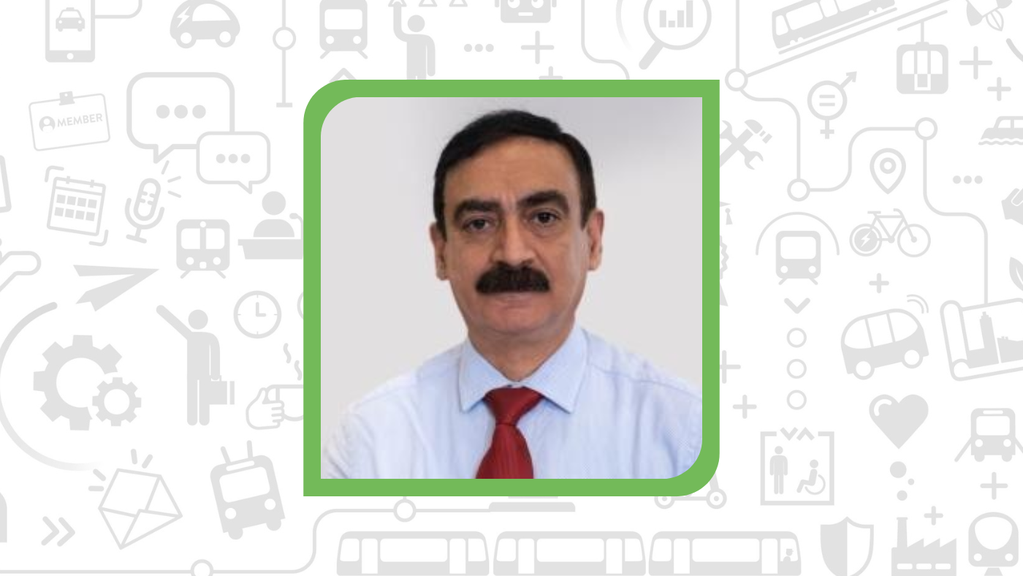
"It gives me immense pride" - UITP Summit Speaker Vikas Kumar
Why Vikas Kumar strives for more renewables in India’s public transport
As Managing Director of the Delhi Metro Rail Corporation Ltd. Vikas Kumar has over 32 years experience in all aspects of public transport. This includes the organisation’s recent push for renewable energy.
By installing solar rooftops on all station buildings and depots, the company currently generates 35% of its energy from sustainable sources. By 2030, this should rise to 50%.
At the UITP Summit in Barcelona Vikas Kumar speaks at the session ‘public transport as a decarbonisation leader: the importance of renewable energy supply.’ Before then, we sat down with him to discuss renewable energy in India, its challenges and its ambitions.
How does your power supply look at the moment? And how would you like to see that develop in the future?
Delhi Metro Rail Corporation (DMRC) is providing a cost effective and energy efficient rail based public transport system in Delhi and the National Capital Region in India.
Present peak power demand of the DMRC’s total network is ~ 275 MW, with yearly consumption being around 1100 million Units. The expenditure towards energy constitutes roughly 25% of our total operating expenses.
As the DMRC grows its offering, peak power demand is likely to grow to approximately 335 MW. Yearly consumption would be 1400 Million Units.
The power demand of a metro system varies significantly from season to season and changes each day of the week. But even within 24 hours power demand fluctuates heavily.
Today, the DMRC meets around 65% of its total day time energy requirement from renewable sources. If we look at the cycle of one full day, including night time, they account for 35% of the DMRC’s total energy requirement.
By 2030, DMRC wants to redefine the energy mix, increasing the share of renewables from 35% to 50% of total energy requirement. Ultimately we want to reduce dependence on fossil fuels.
DMRC is the first metro to procure solar power from on-site rooftop solar plants on RESCO (Renewable Energy Service Company) Model. In the RESCO Model, there is no capital expenditure or maintenance expenditure on part of the end user.
The success of procurement of on-site solar power on RESCO model by DMRC has set an example for the other metros like the Kochi Metro and Noida Metro, who have used their roof-tops to install solar plants and procure solar energy in a similar fashion as Delhi Metro.
Also, DMRC is the first metro to procure solar power from off-site plants through the Rewa Solar Plant.
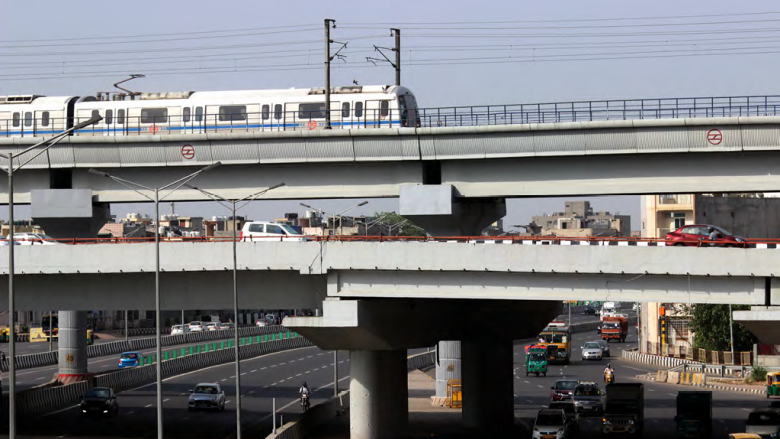
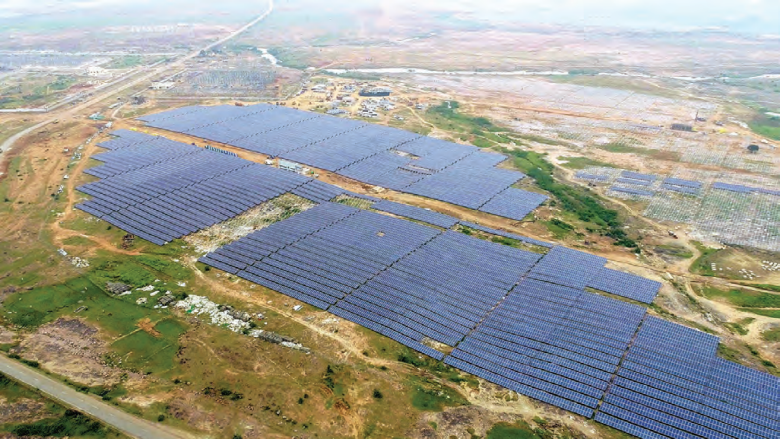

What were the main reasons for the Delhi Metro Rail Company to start its shift to renewables?
It is worthwhile to mention that Delhi Metro Rail Corporation as an Organization, has no statutory obligation to procure and use energy from renewable sources.
However, being a responsible organisation and in order to contribute positively towards the environment and limit our impact on climate change we decided to step up.
But renewable energy sources also mitigate the impact of increasing electricity tariffs. At present, energy from renewable sources is roughly 9% cheaper than conventional sources.
Can you say something about the challenges you have run in to throughout the process?
DMRC’s team had to overcome the challenges associated with the inclination and curved structure of the Rooftops of various metro installations like stations, depots.
Especially older stations are not designed to install roof-top solar panels, forcing us to do modifications. Based on the learning, stations of Phase-III and Phase-IV are designed accordingly so that the solar panels can be installed easily.
The challenges related to wind velocity and high-speed storms also had to be overcome through proper design and proper execution of work to ensure safety of all concerned.
Challenges also exist on the maintenance front. Directly below the rooftop, where we work during cleaning and maintenance, a 25 kV high voltage system limits the freedom of movement. We also have limited time available for maintenance and cleaning as this happens exclusively during non-revenue hours. Essentially this means our work happens at night.
What benefits do you see? I assume cost savings are one of them, but maybe there are other advantages.
For a Metro system, electricity is a major input cost. The annual electricity bill of DMRC, is about Rs. 780 crores (close to 1 billion USD), which constitutes nearly 25% of total operating expenses, thereby having significant impact on commuter fares.
On top of that, renewable energy:
- is a major benefit to the environment,
- contributes to mitigating the effects of climate change,
- supports the national objectives of the Indian government.
On a personal level? How do you feel about your sector and company leading the way in transitioning to renewable energy?
It gives me immense pride and satisfaction that my organisation is not only a leader in the Mass Rapid Transportation System in India, but it also uses green power to meet a substantial portion of its day-time energy requirement.
Thereby we contribute, not only to meet the traffic requirements of the capital city of India and NCR regions but also towards the larger objective of the society. We decrease pollution, fight climate change and meet the missions of the Indian government towards renewable energy.
Bright Light of the City
As the UITP Global Public Transport Summit draws closer, we explore the innovations, research, and the people behind our six themes.
This article falls within the theme of Transitioning to Net Zero. Discover the other themes and programme of the 2023 UITP Summit on uitpsummit.org! The UITP Global Public Transport Summit is the world’s biggest event dedicated to sustainable mobility which brings together all transport modes, industry authorities and operators, as well as exhibitors.
Under the theme “Bright Light of the City”, access a wide range of thematic sessions, knowledge and networking opportunities in Barcelona from 4 to 7 June.

